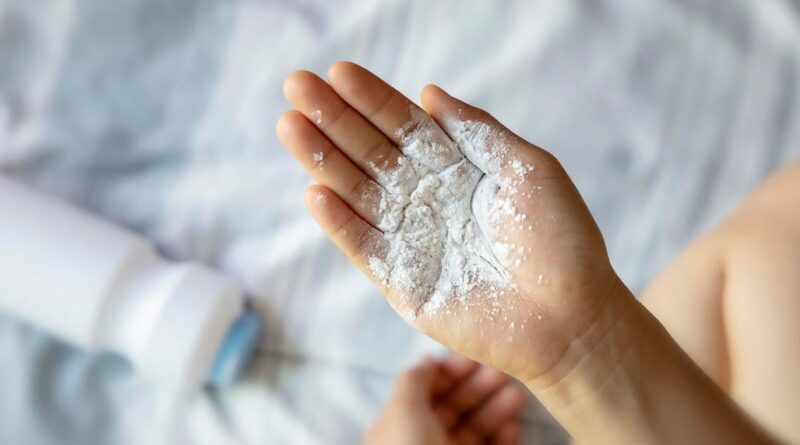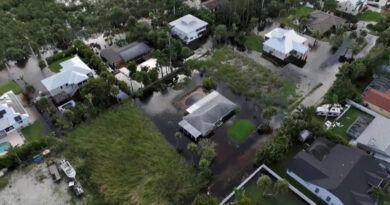FDA proposes new tests to detect asbestos in cosmetics and other products containing talc
Manufacturers of baby powder and cosmetic products made with talc will have to test them for asbestos under a proposal announced by the U.S. Food and Drug Administration.
The agency’s proposal comes at the directive of Congress, which passed legislation requiring the FDA take action last year. A known human carcinogen, asbestos is found in the same rock types as talc deposits and may mingle in the mining process, potentially leading to contaminated products and raising concerns about the risks to the public.
The FDA’s proposed rule would require manufacturers test samples of talc-containing cosmetic products for asbestos with methods including polarized light and transmission electron microscopy, which lights up samples with an electron beam. Alternatively, companies could also rely on a certificate of analysis from their talc suppliers, the agency stated.
“We believe that the proposed testing techniques are appropriate methods to detect asbestos to help ensure the safety of talc-containing cosmetic products,” Linda Katz, a medical doctor and director of the FDA’s Office of Cosmetics and Colors, said Thursday in a news release announcing the agency’s action.
The agency’s proposed rule falls short of a ban on talc, which advocates including U.S. Public Interest Research Group, or PIRG, have called for.
Long-running litigation against Johnson & Johnson alleges the company’s talc baby baby caused women to develop ovarian cancer. The company in June agreed to pay $700 million to settle allegations it misled people about the safety of its talcum-based powder products in its marketing.
A J&J subsidiary has proposed paying roughly $8 billion to settle tens of thousands of lawsuits. As part of the deal, the subsidiary would declare bankruptcy, although that proposal has been challenged in court by the Justice Department.
J&J removed talc-based powders from the market in North America in 2020 and then internationally in 2023.
The company says it continues to stand by the safety of its products.
In 2019, the FDA found asbestos in cosmetics sold by Claire’s Stores, prompting recalls by the retailer and Beauty Plus Global. More recently, New Jersey’s Dynarex in late October expanded a recall of Dynacare baby powder shipped to 35 states and sold on Amazon due to potential asbestos contamination.
contributed to this report.




